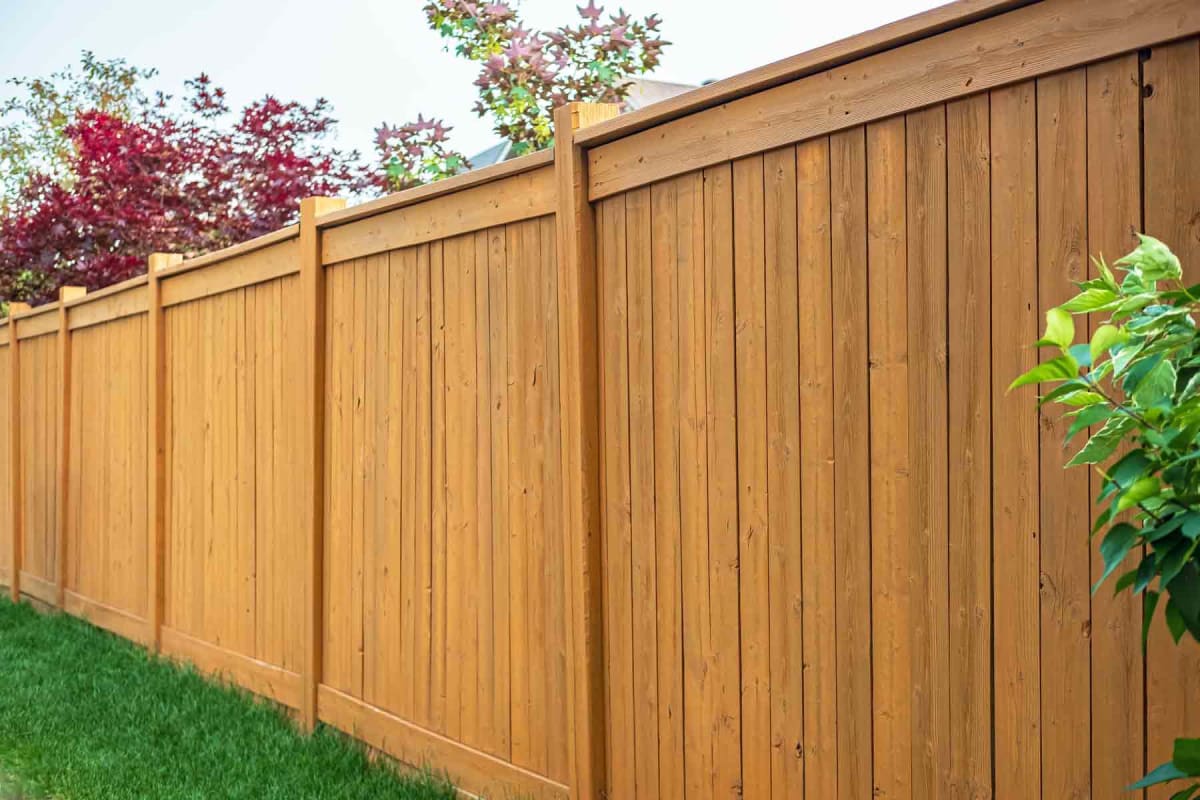All Categories
Featured

Picking the best fence material is important for accomplishing the balance of resilience, aesthetic appeals, and functionality that fits your home. Wood, vinyl, and light weight aluminum are preferred options, each with one-of-a-kind features that accommodate details demands. Right here's an in-depth consider the benefits and drawbacks of these three materials.
Timber Secure Fencing. Pros:. Classic Appeal: Timber offers an all-natural, traditional appearance that complements different building designs. Personalized: It can be painted or discolored in a variety of shades and designs. Budget-friendly: Wood fences are often less expensive in advance than plastic or light weight aluminum. Eco-Friendly: As a renewable energy, wood is lasting and eco-friendly when sourced properly. Cons:. Maintenance-Intensive: Requires routine staining, paint, or securing to protect versus weather and insects. Much Shorter Life-span: Depending upon the type of wood and environment, it usually lasts 10-15 years. Vulnerability to Damages: Prone to decaying, warping, and termite damages without proper care. Timber is suitable for home owners who value aesthetic appeals and agree to spend time and effort in maintenance to prolong its life.
Plastic Fence. Pros:. Sturdy: Immune to parasites, rot, and weather, vinyl preserves its structure in rough conditions. Reduced Upkeep: Needs little upkeep beyond periodic cleaning. Long Life-span: Plastic can last 20-30 years without substantial wear or damage. Versatile Layouts: Offered in different colors, textures, and designs, including options that mimic timber. Disadvantages:. Pricey Installation: Plastic fencings are a lot more pricey to install compared to wood. Weak in Winter: Vinyl can fracture in severe chilly climates. Tough to Repair service: If harmed, whole sections may require replacement, which can be challenging to match. Vinyl fence is a terrific option for those prioritizing long life and very little maintenance, even if it includes a greater ahead of time price.

Light Weight Aluminum Fencing. Pros:. Rust-Resistant: Aluminum does not rust, making it excellent for moist or moist areas. Strong however lightweight: Offers strength without being overly hefty, which simplifies setup. Reduced Upkeep: Needs little greater than cleaning and periodic repainting. Durability: Light weight aluminum fencings can last for years without considerable damage. Classy Layouts: Usually made use of for decorative objectives, light weight aluminum includes elegance to any building. Cons:. High Preliminary Cost: Light weight aluminum fences are amongst the more expensive alternatives. Restricted Privacy: Typically created with open areas, they don't obstruct sights or sound. Vulnerable to Dents: While tough, aluminum can be nicked or curved with hefty impact. Light weight aluminum is ideal suited for those that want a long-lasting, stylish fencing and don't need complete privacy.
Making the Right Choice. Each product has its weaknesses and staminas:

Timber is ideal for standard appearances and eco-conscious customers who don't mind maintenance. Plastic benefits homeowners looking for a weather-resistant, low-maintenance solution. Light weight aluminum is a durable, attractive choice for those who desire elegance and durability. Consider your top priorities-- whether it's expense, look, personal privacy, or maintenance-- and consult a fencing specialist to pick the product that ideal fulfills your needs. A well-selected fence will boost your residential or commercial property for many years to come.
Latest Posts
Explore Limited-Time Auto Repair Specials in Chicago at Montclare Auto Repair
Published May 23, 25
1 min read
Learn About Montclare Auto Repair’s Most Popular Services and Why Drivers Trust Them
Published May 23, 25
1 min read
Enhance Your Residential Property with Expenses Door Equipment
Published May 21, 25
1 min read
More
Latest Posts
Explore Limited-Time Auto Repair Specials in Chicago at Montclare Auto Repair
Published May 23, 25
1 min read
Learn About Montclare Auto Repair’s Most Popular Services and Why Drivers Trust Them
Published May 23, 25
1 min read
Enhance Your Residential Property with Expenses Door Equipment
Published May 21, 25
1 min read